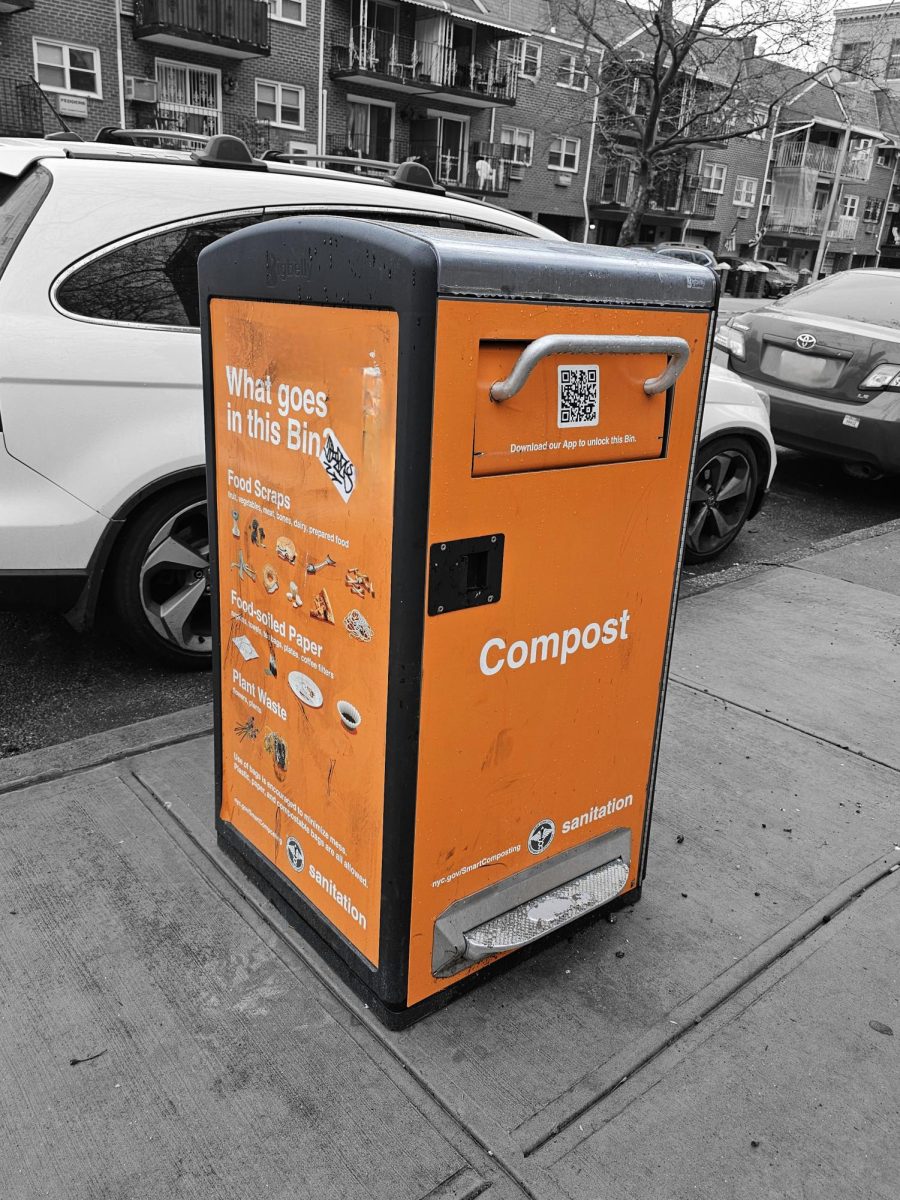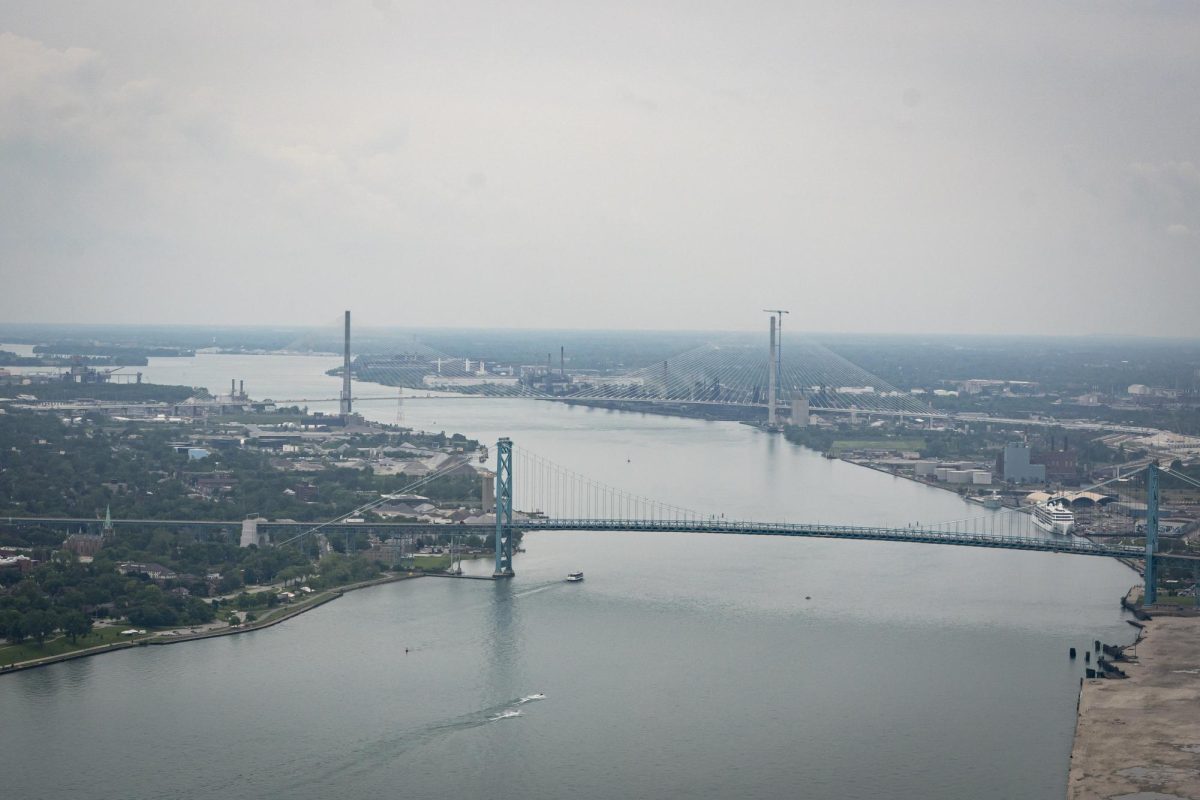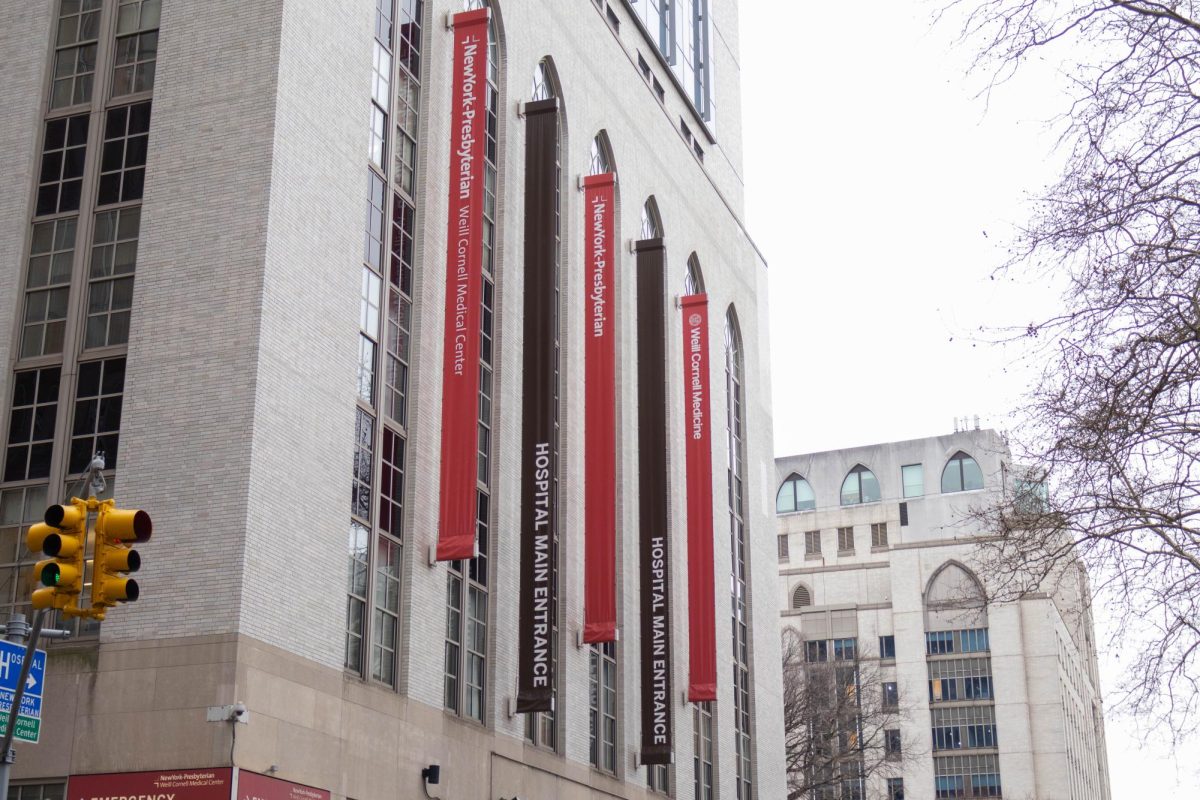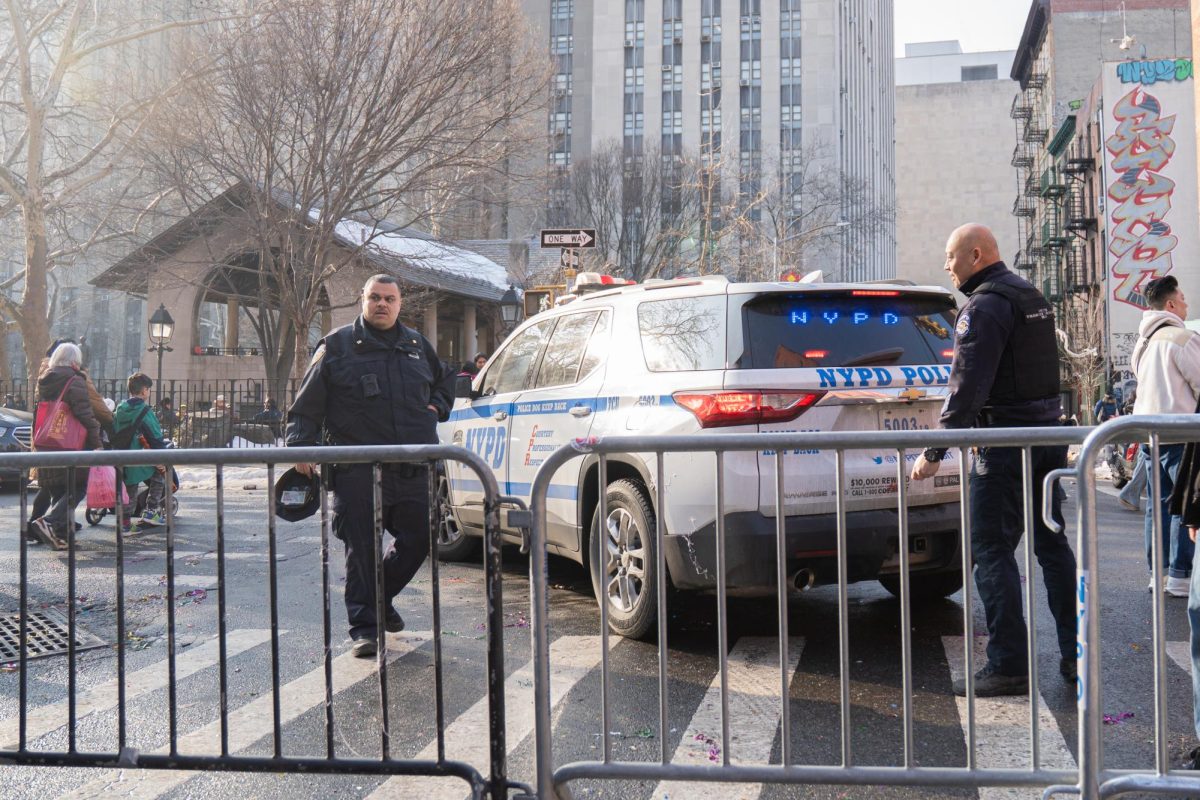New York City is enforcing a composting mandate previously enacted in October 2024, making it required for all New Yorkers to participate in composting starting April 1.
All New York City residents are required to participate, with those who do not follow the law risking a fine of $25 from the Department of Sanitation.
For landlords, larger buildings with nine units or more may face fines starting at $100 for the first offense, $200 for the second and $300 for each additional violation.
Buildings that have at least four units must provide a designated composting area that is clearly labeled for collection.
Former Chair of the Committee on Sanitation and Solid Waste Management Sandy Nurse along with New York City Council members Shahana Hanif and Keith Powers are responsible for passing the mandatory composting law known as the Zero Waste Act, which mandated composting and established a grace period that ended on April 1.
During a City Council hearing on March 25, acting Sanitation Commissioner Javier Lojan said that participation in the composting program is made “easy” and that it is “up to New Yorkers to follow the law or face the summons.”
Leaf and yard waste, food scraps, prepared and cooked foods, greasy paper plates, pizza boxes and certified products labeled compostable can be composted.
Pet waste, dead animals, medical waste, diapers, hygiene products and other things that do not come from the earth are not compostable and should be disposed of through regular means or recycling.
This includes metal, glass, plastic, cartons, clean paper and cardboard.
Homeowners are required to produce their containers for compost, and renters are supplied containers by their landlords.
To store compost, residents can use any bin as long as it is 55 gallons or less with a secured lid and properly labeled to indicate that it contains compost.
The sanitation department recommends New Yorkers line the bin with a clear plastic, paper or compostable bag to keep it clean and prevent odors and flies.
Draining liquids from scraps and storing them in the freezer before emptying it into a bin is suggested.
Compost waste will be collected on the same day as recycling every week.
New Yorkers who do not know their recycling day can find their collection schedule by inputting their address into the “Find your collection schedule” section of the sanitation website.
The DSNY reuses some organic waste for energy, but it depends where residents are located in the city.
Generally, most organic waste gets sent to the Staten Island Compost Facility to be composted or to Newton Creek Wastewater Resource Recovery Facility in Brooklyn to be turned into biogas.
The rest may be sent to other compost facilities located within the five boroughs or elsewhere, including Long Island, New Jersey, Connecticut, Massachusetts and Pennsylvania.
Composting helps to divert organic waste from landfills, reducing greenhouse gas emissions and toxic pollutants that leak from landfills into the environment.
In Staten Island, the waste is broken down into compost and New Yorkers can pick up the compost for free through one of DSNY’s Compost Giveback Events.
The DSNY is not supposed to fine for the absence of composting bins, instead only looking for organic waste being mixed with the rest of the household trash.
Bins can be purchased from DSNY if needed along with composting bin decals.
If residents have questions or need help with compliance, they may contact DSNY or visit its website.








